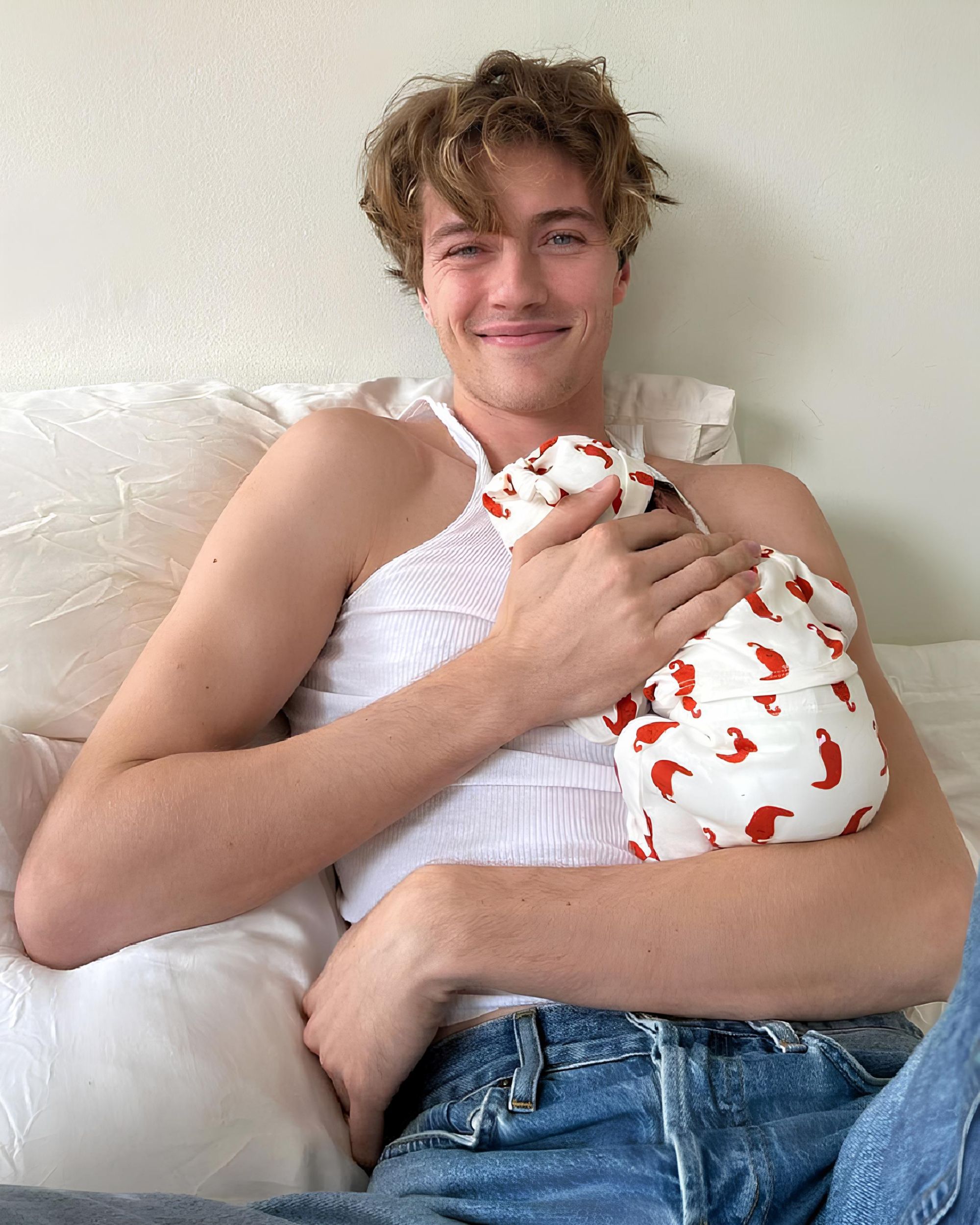
How Gen Z is challenging burnout in fashion And causing numerous brands to tremble with fear
Fashion is known to be a breeding ground for burnout. There has been a mentality of you should be happy to be here going around for years, trying to justify the long hours, mountains of unpaid internships and generally a rough tone in the workplace. That is how the inside looks of a heavily glamourised industry, but from the outside, it still looks beautiful. It is a dream wrapped in layers of silk that slowly starts to unravel, especially since GenZ entered the conversation. How can the system continue in its old, very stubborn ways, when all of a sudden one generation starts to question the toxic work practices that the industry has been operating on for years? Per definition, everyone who is born between the years of 1996 and 2010, falls into the category of GenZ. They are the sequel to The Millennials, and the prequel to Generation Alpha. According to McKinsey and Company, GenZ has a lot of attributes that set them apart from the millennials, starting with daily climate anxiety and a less stigmatised outlook on mental health issues. This has been stated in a recent generation study by the publisher. Connecting this to the fashion system, one could result in a thesis that the general attributes of GenZ are not coherent with the general attributes of the fashion system. Additionally, the generation is known for a lot of idealism: «[…] they’re part of a new wave of “inclusive consumers” and socially progressive dreamers», states the study. «More than any other generation, Gen Z collectively demands purpose and accountability, the creation of more opportunities for people of diverse and underrepresented backgrounds, and rigorous sustainable and green practises», the study continues.
@karinabondlondon It’s Halloween season…so time for a fashion horror story! But seriously…this should not be okay, and as naive as I am about being able to change this - I am very passionate about raising awareness of misstreatment of interns in my beloved fashion industry. . . . #storytime #emergingdesigner #fashionintern #fashioninternship #horrorstory #crazystory #exposingthetruth #fashionstorytime #fashiondesigner Paris巴
Carrying these values therefore causes a natural uproar to the conservative and old ways of the industry. It is an unspoken secret that in fashion, it is barely about your skills, but who you know and how privileged you are. For example, in most industries, you can expect a well-paying job after a master’s degree. In fashion, you are relieved if you score a lowly-paid internship at a Parisian house. Recently, the London-based designer Karina Bond published a TikTok describing her experience interning for a well-known brand. She starts the video by saying «This is like Devil wears Prada, but worse».She then continues to tell her story of how she started working for this brand, and on the first day, they made her sew the labels on the clothes – she had to sew 50 labels on, and finished her first working day at 3 a.m. Around 6 p.m., when she still hadn’t eaten, she asked the studio manager if she could take a break. The studio manager then goes, laughs in her face, and says: «We don’t eat until we finish the work». Karina left the brand after three days, and having a look through the comment section of the video, she confirmed that the brand she interned for was indeed, Dilara Findikoglu. Additionally, at the beginning of her video, she states the rumour that even someone at this brand threw a vase at an intern once. Even though the designer wasn’t present on her first working day, this intense toxic working environment made her leave.
"What if I don't want this?"
— Peter DeLorenzo (@PeterMDeLorenzo) August 2, 2019
"Oh, don't be silly. Everyone wants this. Everyone wants to be us."
(Anne Hathaway as Andy Sacks talking to Meryl Streep as Miranda Priestly in "The Devil Wears Prada") pic.twitter.com/6Ljok4DFYT
Working for young designers might be exciting and refreshing, but most of them are lacking with funds, and struggle to pay their core staff, let alone the interns. In a profile with the New York Times where the former CFDA winner Elena Velez spoke candidly about the state of her business, the journalist Jessica Testa writes: «But Ms. Velez is also aware that her inability to pay people could be a much bigger problem that some of her more outspoken views. She has joked about someday getting hit with the “inevitable toxic workplace allegations». Brands forcing long hours on their staff with barely any pay is not a new thing, but the lingering fear of being caught out for it is a very new thing. Generation Z is the first generation to grow with the internet, rather than just alongside it. If they want to tell their story, they can do it instantly – in the dim light of their living rooms, or on the way to the bus stop. They control the narrative themselves. Brands fear this – since except for the odd influencer, most of them can’t be made silent with advertising money.
In the new issue of their magazine, called This is not about you(th), 1Granary features anonymous statements of over 300 industry professionals – all anonymised to protect the NDAs they all signed, prior to working. One of them says «Also, the older generation – I’m talking about people who are 50-55 now – they were so good at dealing with the toxic working environments in fashion at that time, so they put up with so much shit because they were dealing with so much shit themselves». Now, the toxicity might not become less, but more visible, since fewer people are willing to put up with it.














































